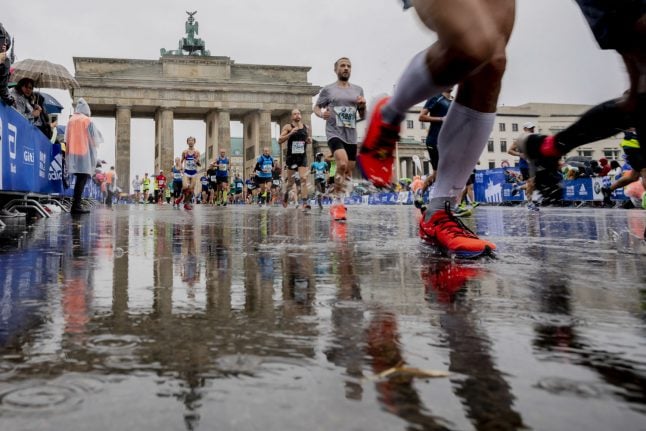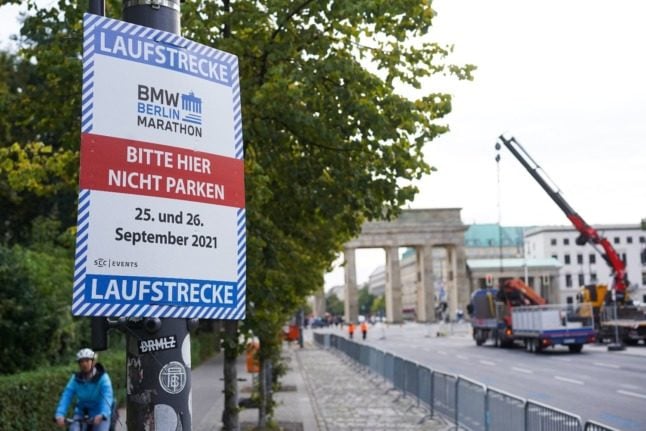The race was initially postponed from April to September 27th, but organisers have now cancelled this year's event, which attracted 62,000 runners in 2019, due to the coronavirus pandemic.
“Due to the weather conditions alone and shortening days, it's very difficult to hold the Berlin Marathon… before the end of this year,” said race director Jürgen Jock.
“The question of whether athletes will be able to travel internationally again by then cannot be answered now.”
Organisers added: “Your health, as well as all of our health, is our first priority.
“Therefore, taking into account the Containment Measures Ordinance due to the COVID-19 pandemic… the Berlin Marathon 2020 will not be able to take place.”
The city of Berlin has banned events with more than 5,000 participants since April.
The flat, fast course around Berlin's city centre is where Eliud Kipchoge of Kenya set the men's world marathon record of 2hr 01min 39sec in 2018.
It was the eighth time in the previous 20 years that the men's world record has fallen on the streets of Berlin.
Kipchoge ran 1:59:40 over the marathon distance in Vienna last October, but the time is not recognised as a world record as the event was not an open competition.



 Please whitelist us to continue reading.
Please whitelist us to continue reading.
Member comments